If you’re a parent of a child on the autism spectrum, it might be overwhelming to realize just how many resources and materials are out there for you to dive into. Whether you’re looking for tips on how to deal with behavioral challenges, or just want to read relatable stories, there’s no shortage of good books for you to choose from. We put together a short list of some of our favorites, in no particular order. See the list of five must-read books for you to check out below, and don’t forget, our blog is another great resource for info on ABA therapy, early intervention and more!
The Reason I Jump: The Inner Voice of a 13-Year Old Boy with Autism by Naoki Higashida
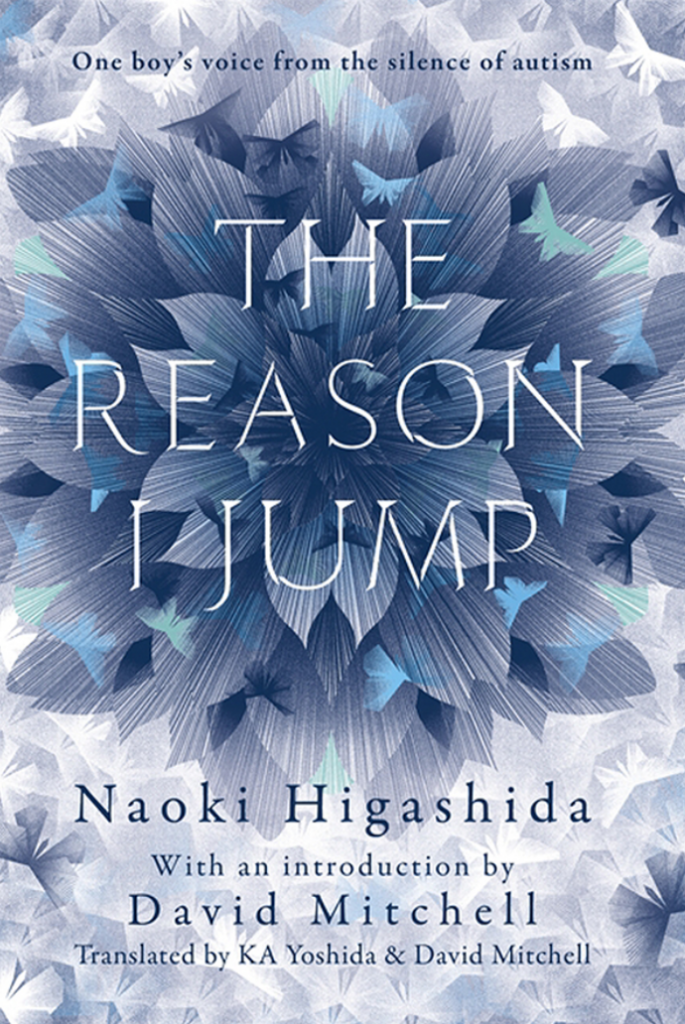
Diagnosed with severe autism at the age of five, Naoki Higashida learned to communicate using a handmade alphabet grid. At the age of thirteen, he wrote this eye-opening memoir. Organized as a series of questions and answers, The Reason I Jump offers a unique glimpse into the mind of a child with autism.
A quick read, The Reason I Jump has the rare power to reshape your perspectives over the course of about 150 pages. We recommend it for anyone who wants to see beyond the disability and explore the rich inner life of a complex individual with autism.
Turn Autism Around: An Action Guide for Parents of Young Children with Early Signs of Autism by Mary Lynch Barbera, Ph.D., RN, BCBA-D
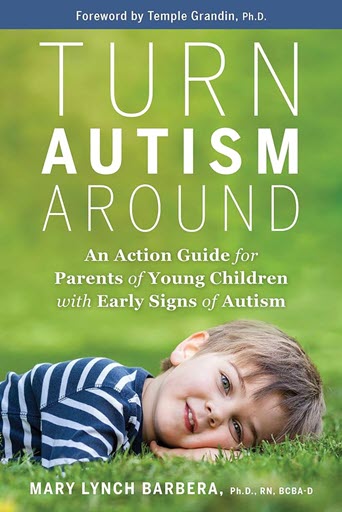
Although signs of autism and developmental delays usually show up during the first 18 months of life, children often are not diagnosed until they are 4 or 5 years old. Turn Autism Around highlights the importance of early intervention and shows how parents can start making a difference in their child’s development right away using the science of ABA therapy at home.
Drawing from years of experience as a Board-Certified Behavior Analyst, Dr. Mary Lynch Barbera translates her extensive clinical knowledge into practical steps that any parent can understand. While it is not a replacement for center-based ABA therapy, this child- and parent-friendly book is an indispensable asset for families who want the best start in life for their child.
1001 Great Ideas for Teaching and Raising Children with Autism or Asperger’s by Ellen Notbohm and Veronika Zysk
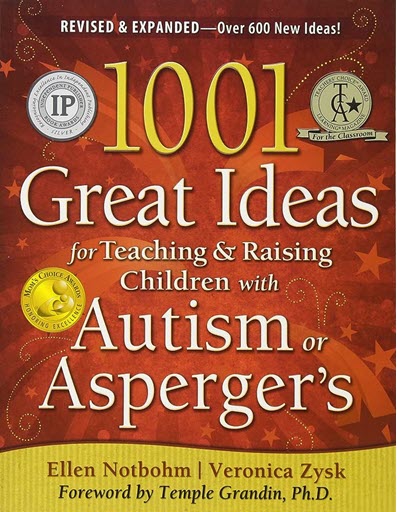
Since 2004, 1001 Great Ideas for Teaching & Raising Children with Autism or Asperger’s has been a valuable resource for families and educators. With the expanded 2nd edition, this book provides over 1,800 ideas, tips, and strategies to help your child succeed.
Award-winning authors Ellen Notbohm and Veronika Zysk take big, complicated topics in autism and break them down into bite-size pieces that get straight to the point. Whether you choose to read it cover-to-cover or reference parts of it as needed, 1001 Great Ideas will empower you with great advice and a deeper understanding of your child.
Look Me in the Eye: My Life with Asperger’s by John Elder Robison
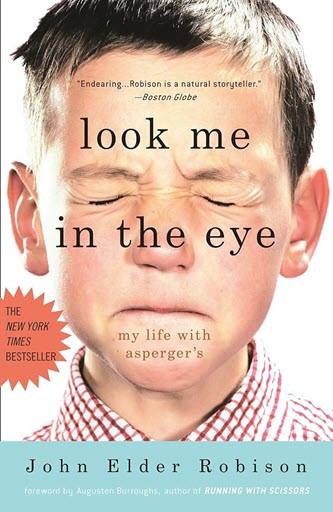
In this autobiographical New York Times Best-Seller, John Robison tells the story of his life struggling with undiagnosed autism. Look Me in the Eye follows Robison from his troubled youth to his fascinating career building guitars for the rock band KISS and later designing electronic toys, through to his eventual diagnosis at age 40.
Filled with dark humor and honesty, this is a hard book to put down.
A Full Life with Autism: From Learning to Forming Relationships to Achieving Independence by Chantal Sicile-Kira and Jeremy Sicile-Kira
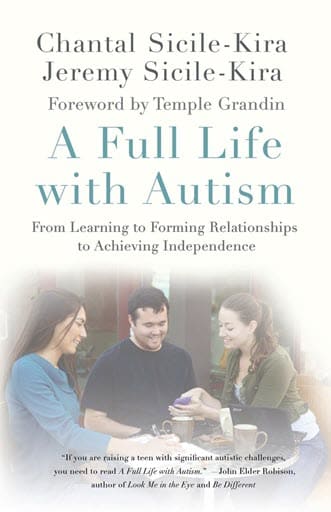
If you are a parent of a child with autism, you’ve probably grappled with the difficult question of what will happen when you are no longer able to care for them. A Full Life with Autism is a guide for helping your child thrive independently as they reach adulthood.
Offering practical solutions to common challenges, this book will help you prepare your child to cope with the difficulties of living on their own, secure stable employment, build lasting relationships, and navigate a world where adult support services are scarce.
Final Thoughts
These books will make you consider autism from a variety of perspectives, giving you a glimpse into the lives of other parents of children with autism, and the children themselves. We hope you find them inspiring, empowering, and insightful. For more resources, check out our Parents’ Guide to Autism.



